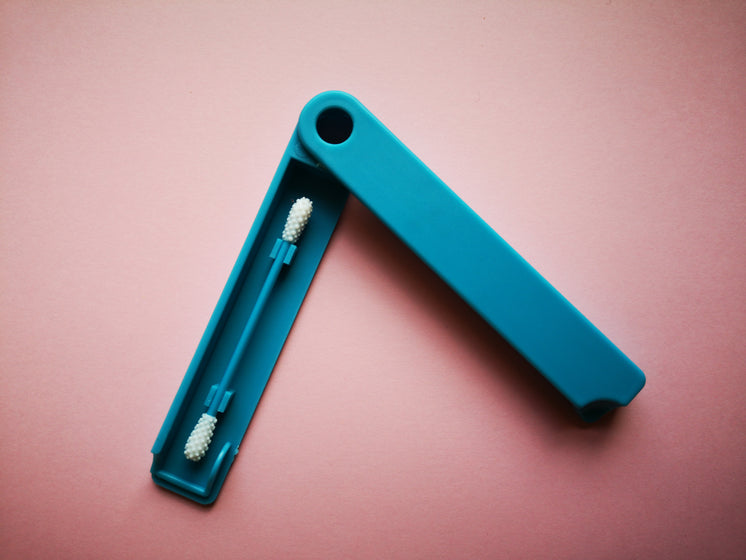Introduction:
The concept of eco-friendly automatic kibble dispensers has rapidly gained popularity in recent years, as pet owners seek sustainable and convenient solutions for feeding their furry companions. This report aims to delve into the details of these innovative food dispensers, exploring their features, benefits, and environmental impact.

- Definition and Functionality:
An eco-friendly automatic kibble dispenser refers to a technologically advanced device designed to provide pets with controlled portions of dry food automatically. These
dispensers are equipped with various sensors, timers, and smart features that ensure accurate feeding, while minimizing wastage and environmental harm.
- Features and Technology:
Modern eco-friendly automatic kibble dispensers are equipped with multiple features that enhance user experience and facilitate eco-conscious pet feeding. Some notable features include:
A. Portion Control: These dispensers offer adjustable portion control settings, which can be customized to suit specific dietary requirements of pets.
B. Timers and Scheduling: Pet owners can pre-set feeding schedules using timers, allowing pets to be served meals at regular intervals, even when owners are away from home.
C. Smart Connectivity: Many automatic kibble dispensers can be controlled remotely via smartphone applications, enabling pet owners to monitor and adjust feeding patterns while on-the-go.
D. Sensors and Alarms: Dispensers can detect when the food supply is low and provide notifications to pet owners for refilling, preventing situations in which pets are left without food.
E. Energy Efficiency: To promote sustainability, these devices are designed to consume minimal energy, ensuring long-lasting battery life or energy-saving features.
- Environmental Benefits:
The implementation of
Eco Friendly Kibble Dispenser-friendly automatic kibble dispensers offers several significant environmental benefits:
A. Reduction of Food Waste: These dispensers are programmed to provide controlled portions, reducing overfeeding and subsequent waste, ultimately leading to lower carbon emissions.
B. Resource Conservation: By efficiently utilizing food, the dispensers minimize resource consumption, reducing the overall environmental impact of pet food production.
C. Sustainable Packaging: Purchasing pet food in bulk and storing it in dispensers helps reduce excessive packaging waste, further contributing to a greener environment.
D. Pet Weight Management: Portion control features aid in maintaining healthy pet weights, preventing unnecessary consumption and food waste.
- Challenges and Considerations:
While eco-friendly automatic kibble dispensers offer numerous advantages, some challenges and considerations must be addressed:
A. Initial Investment: These devices may involve a higher upfront cost compared to traditional pet feeding methods. However, long-term savings can be achieved through reduced food waste and controlled portioning.
B. Maintenance and Upkeep: Routine cleaning and maintenance are essential to ensure optimal functionality and hygienic food dispensing.
C. Compatibility: Pet owners should ensure compatibility between their pet's food size and the dispenser's dispensing mechanisms for seamless operation.
D. Behavioral Adaptation: Some pets may require time to adapt to the automated feeding process, necessitating patience and training.
Conclusion:
Eco-friendly automatic kibble dispensers provide a sustainable and convenient solution for pet owners, combining technological advancements with environmental consciousness. With their features promoting portion control, reduced food waste, and resource conservation, these devices are revolutionizing the way owners feed their pets. While initial investments and potential challenges exist, the long-term benefits and positive environmental impact make these dispensers a compelling choice for eco-conscious pet lovers.